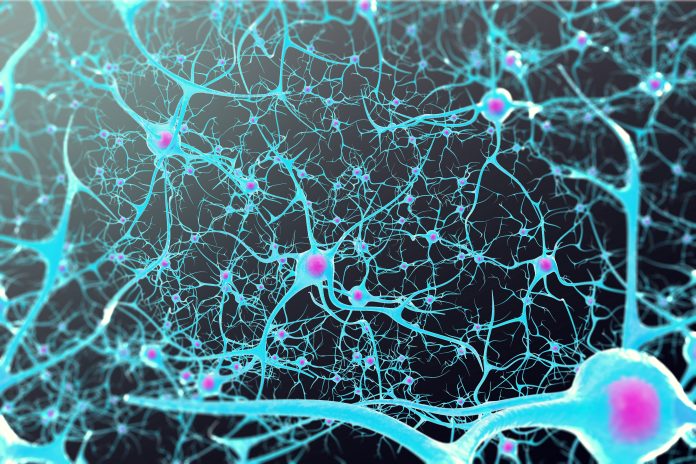
In a series of articles published in Nature Genetics, researchers used data from the SPARK (Simons Powering Autism Research) cohort, which includes nearly 43,000 people with autism, to find genetic influences among people all along the autism spectrum. The team found new “moderate risk genes”, and determined that some Autism Spectrum Disorder (ASD)-linked genes influence behavior in all family members, including parents and typically developing siblings.
“We have now identified a group of genes associated with autism, that can include inherited variants, which begin to explain a different part of the autism spectrum,” said lead author Pamela Feliciano, Ph.D., SPARK’s scientific director.
ASD includes individuals with profound autism who often have cognitive differences and/or epilepsy, as well as individuals who are talented and exceptional, often in specific areas. Autism is known to be heritable, but previous studies have primarily identified autism genes with de novo variants (DNV). Most of these variants are also implicated in other neurodevelopmental conditions.
One of the studies identified a group of novel “moderate-effect” genes that tend to contribute to autism through inherited variants.
“The spectrum of symptom severity in ASD is attributable to a spectrum of genetic influence. People who meet diagnostic criteria for autism may have the most genetic factors for autism, but these types of factors are present to varying degrees in all of us. We are all somewhere on a continuum,” said Jonathan Sebat, PhD, professor of psychiatry and cellular and molecular medicine at UCSD and a senior author on one of the papers.
The researchers analyzed 19,843 participants with autism, along with one or both of their biological parents, and found that roughly 20 percent of people with autism have de novo genetic variants that affect the function of the associated gene. Nearly 70 percent of this genetic contribution can be attributed to known autism or neurodevelopmental disorder genes. This means that although known autism-associated genes are responsible for the majority of de novo variants, there are others still to be identified.
The researchers next added in another 22,764 individuals with autism and 236,000 people without autism from the general population. In this meta-analysis, they identified 60 autism genes whose contribution to autism is largely driven by rare inherited loss of function (LOF) variants transmitted by parents who do not have cognitive differences or autism. Of these genes, five have not previously been implicated in neurodevelopmental conditions.
“The majority of parents who passed down these genetic variants in our study do not have cognitive differences or autism, but we know that these genes are associated with autism because we find that these variants are more frequently inherited by children with autism. We hypothesized that people with autism who have these inherited genetic variants are not as likely to have seizures and cognitive differences as people with de novo genetic variants. So far our data strongly support[s] this hypothesis,” said Feliciano.
A second study reported analyses on genetic data from 20,627 people with autism from genetic data derived primarily from SPARK and the Autism Sequencing Consortium (ASC). That team developed new methods to discover gains and losses of DNA, or copy number variants (CNVs), from exome sequencing, and methods to integrate data from these CNVs with other classes of de novo and rare inherited variants, and identified 72 genes associated with autism.
Finally, two other studies (Antaki et al, 2022, Warrier et al, 2022) used the ASC and SPARK whole genomes, exomes and single nucleotide polymorphism (SNP) genotypes to determine the contributions of multiple genetic factors to ASD, including de novo mutations, inherited rare variants, common polygenic variants, and sex. They found that different forms of genetic contributors are associated with different ASD traits, and that the wide variety of clinical presentations of individuals across the autism spectrum can be explained by the combinations of genetic factors they carry.













